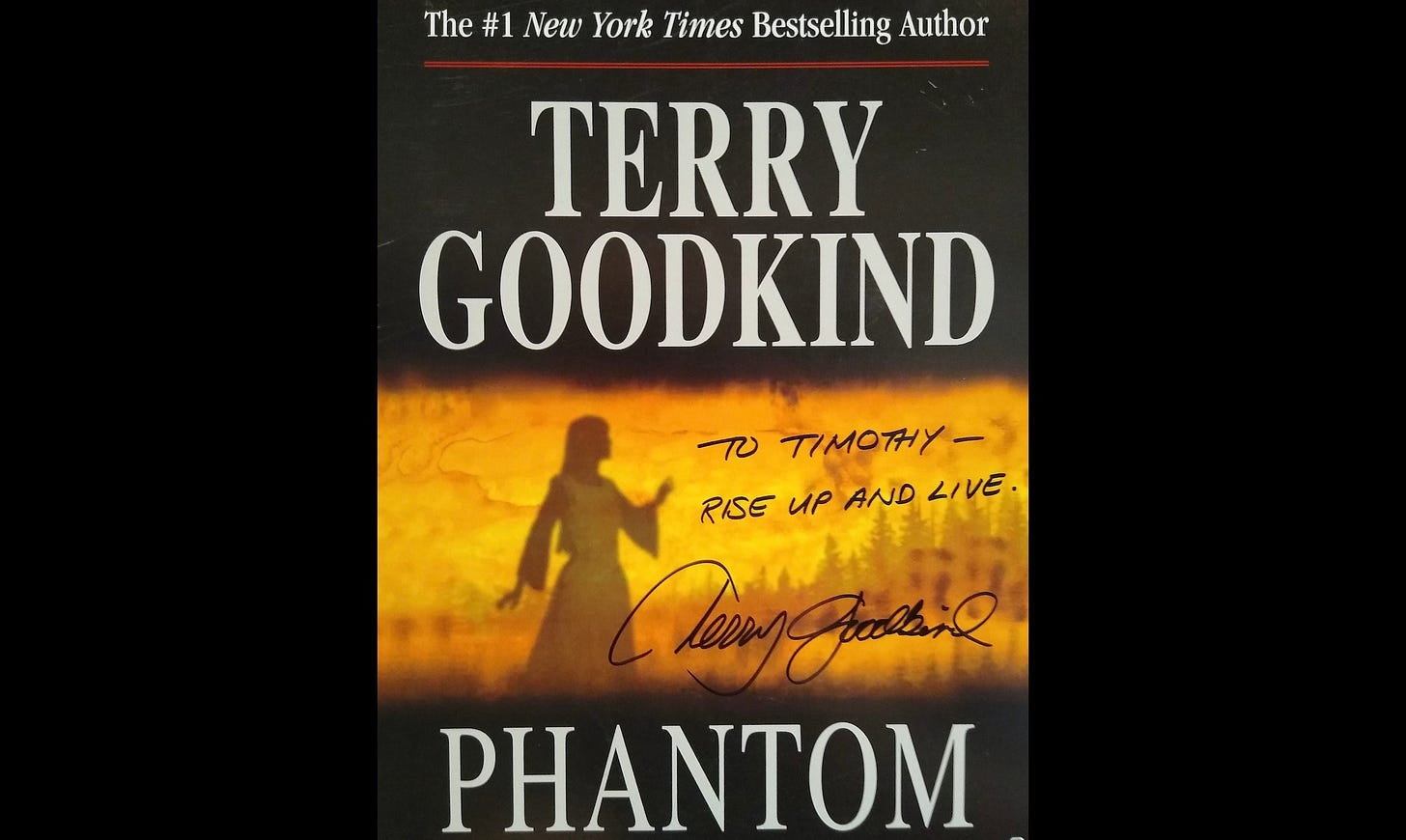In January 2006, I was (barely) nineteen years old. I was six weeks into a long and grueling Army medic training program, intermittently single and engaged (it was complicated), and a devout Christian. I genuinely believed that God was the only path to happiness—yet I felt miserable almost every day, and my misery could be explained only partly by my ex…
Keep reading with a 7-day free trial
Subscribe to The Objective Standard to keep reading this post and get 7 days of free access to the full post archives.




